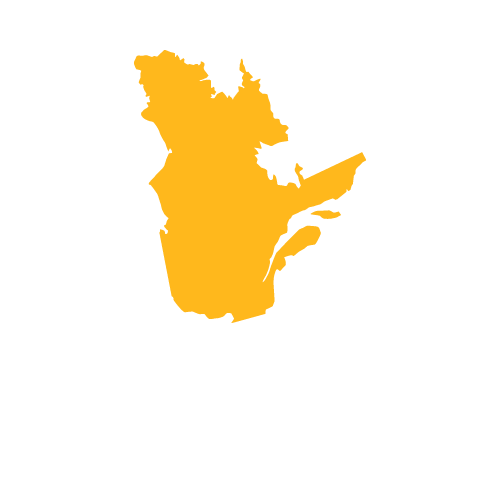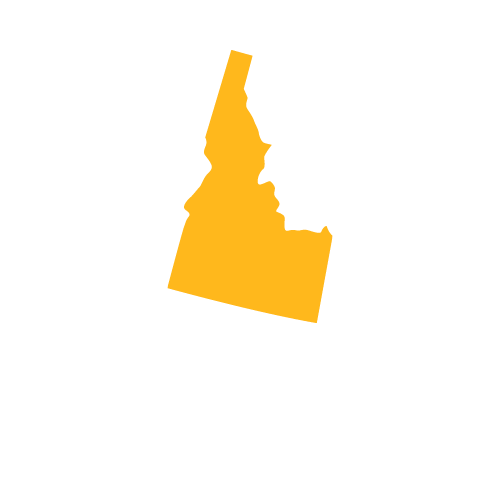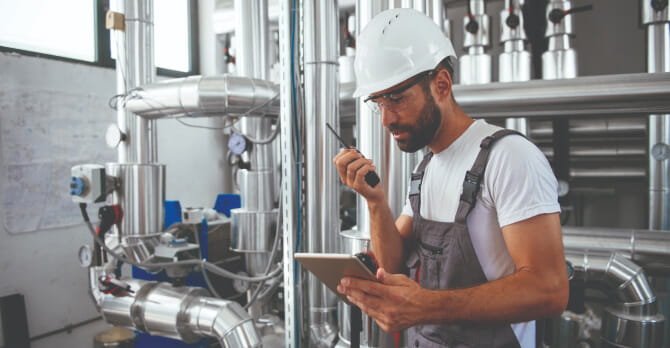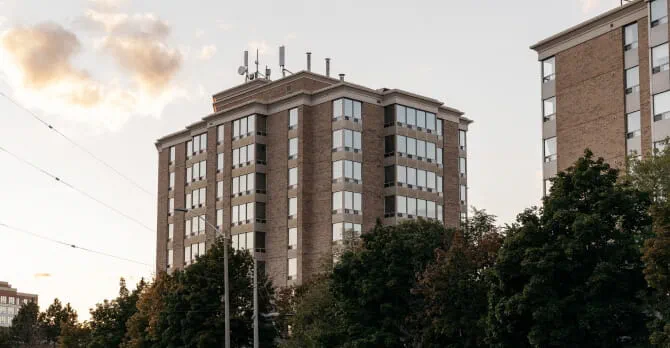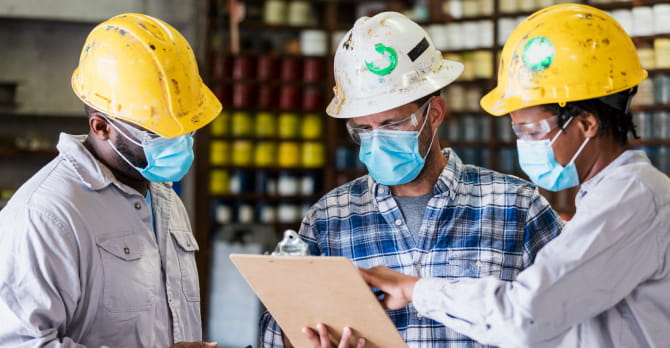Reduce energy costs by boosting boiler performance with incentives
Is your heating system running efficiently? Uneven heating, rising energy bills, or temperature swings could mean it’s time for an upgrade. Our Boiler Optimization Pilot is designed to help you identify and address inefficiencies in your heating system – improving comfort, performance, and energy savings.
Through this exclusive pilot, you can receive incentives up to $20,000 for assessment costs and up to $100,000 for boiler optimization measures. Spots are limited – don’t miss your chance to optimize your boiler system and reduce operating cost.
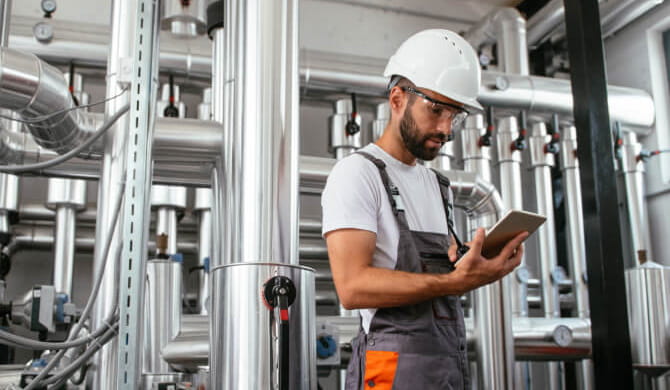
Incentives for boiler optimization
Submit your assessment reports and complete your boiler optimization installation to qualify for the below incentives:
If you are a HVAC service provider who is interested in offering the assessment and implementation incentives, please contact us to learn more on how you can become a participating business partner.
Assessment incentive1
Up to $10,000
per site to cover up to 50 percent of eligible assessment costs.
Assessment top-up incentive1
Up to $10,000
per site to cover up to 100 percent of remaining eligible assessment costs, if a qualifying boiler optimization project is implemented as recommended through the assessment.
Implementation incentive1
For commercial customers:
$1.20/m3
of natural gas saved up to 75 percent of upgrade costs2, to a maximum of $100,000 per project.
For affordable housing providers:
$2.50/m3
of natural gas saved up to 85 percent of upgrade costs2, to a maximum of $200,000 per project.
Why optimize your boiler?
![]()
Reduce energy, maintenance and operating costs
![]()
Enhance occupant comfort
![]()
Receive top-up assessment incentives and enhanced implementation incentives


